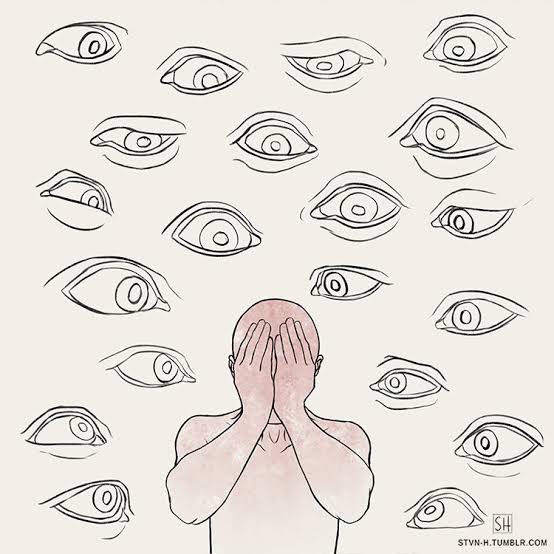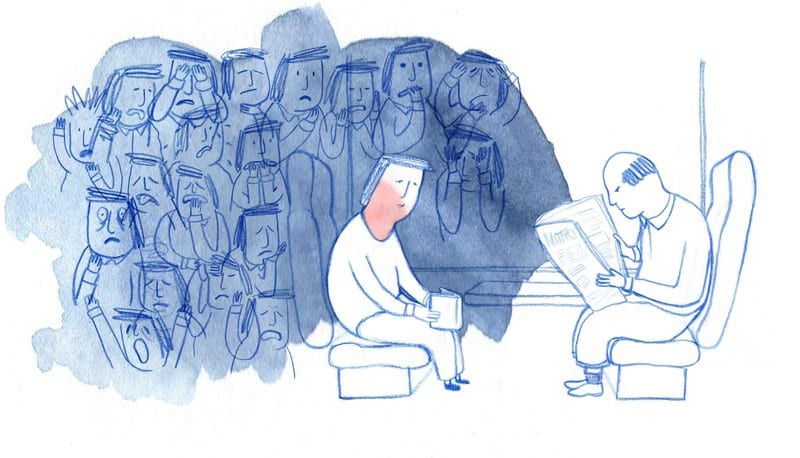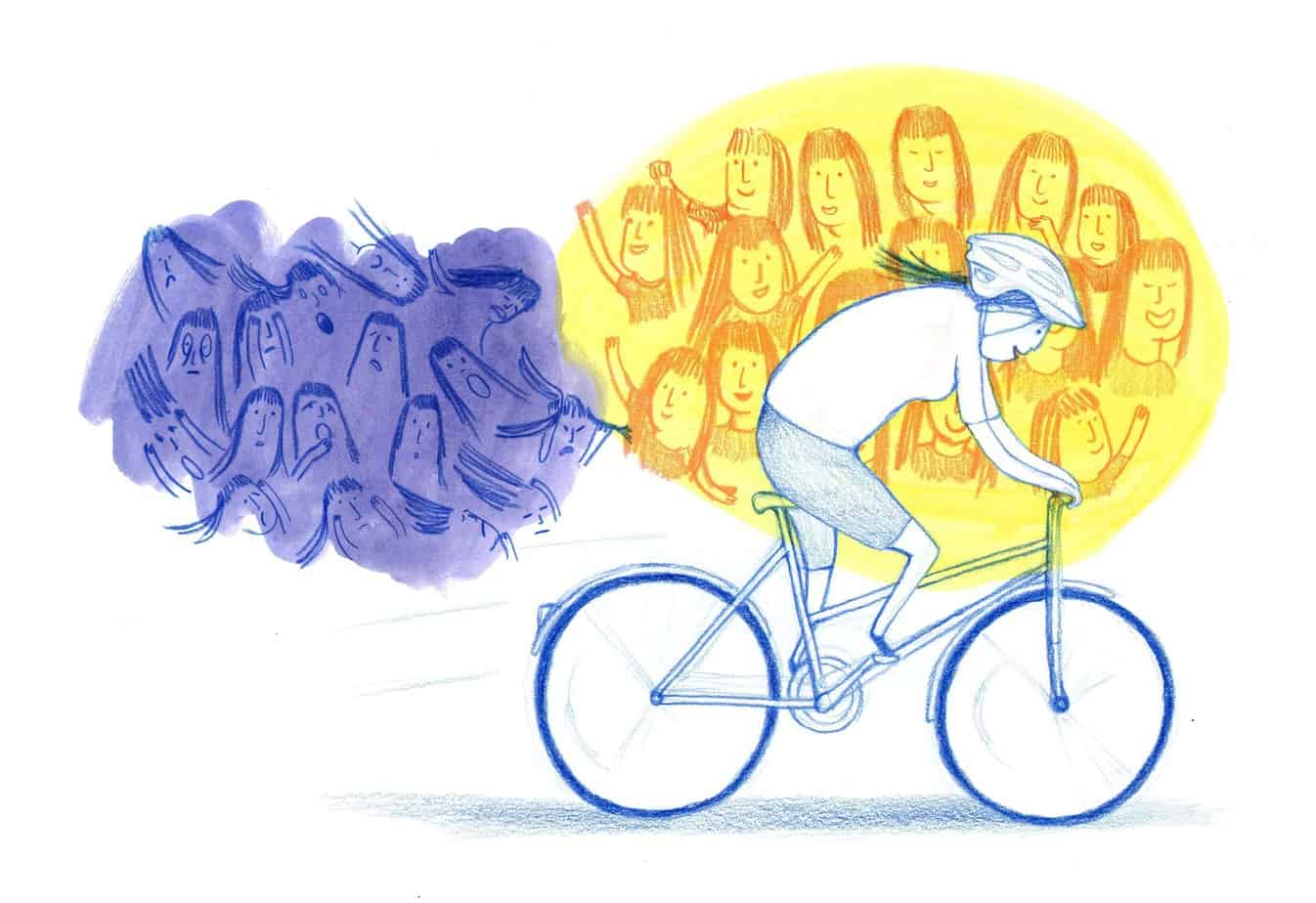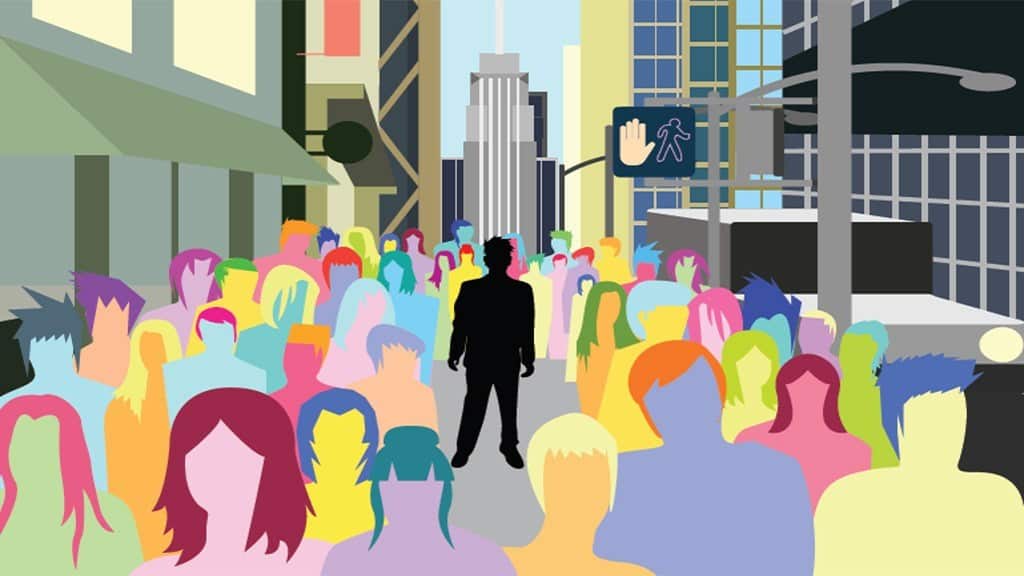In 2016, the number of people estimated to be suffering from mental health issues like depression and anxiety amounted to roughly 1.1 billion. Since then, numbers have likely continued to rise. Moreover, studies have also shown women especially on average are a) more likely to suffer from mental health issues, and b) less likely to talk about them. The taboo in Pakistan surrounding depression and anxiety disorders only serve to aggravate the individuals suffering even more. For the women who cannot seek out full time therapy, or simply need advice about their problems, we’ve enlisted the help of a trained counsellor. You sent us in your questions – here are the answers!

“I am a 17 year old student. I am scared of talking to people. I am afraid of going out, even to my own family functions. Small things make me angry, including my friends talking around me. I am so depressed that I often think about taking my own life. I am helpless. I can’t concentrate on my studies. I don’t know what’s going on. Please help me!”

Shahrukh’s Response:
Hey Anon,
I can only imagine what it’s like to carry around the weight of your fear and anger. Let’s explore that together and see what might be going on.
Social Anxiety: Your Protector from Rejection.
Anon, the first half of your message sounds like you might have a case of social anxiety. Social Anxiety (or social phobia) is an intense fear or anxiety of being negatively evaluated or judged. Social Anxiety can have several contributing factors, but mostly, it comes from a place of shame. There might have been experiences in your life that have led you to develop this fear or anxiety of interactions. These experiences could be, but not limited to: bullying, ridicule, family conflict, genetics (family history of anxiety), abuse or public humiliation. Those things can be extremely painful, and what happens eventually is that your mind and body work together to create a defence in order to protect you from that pain. As a result of this, your mind starts to register social interactions as a sign of danger. When this happens, your body begins to react and certain thoughts start firing around in your head. Some of the symptoms of social anxiety can include the following:
- Worrying intensely about social situations.
- Worrying for days or weeks before an event.
- Avoiding social situations or trying to blend into the background if you do choose to attend.
- Worrying about embarrassing yourself in a social situation.
- Worrying that other people might notice that you’re stressed or nervous.
- Being extra vigilant and overanalysing everything about your social interactions.

The “Log Kya Kehen Gay” Syndrome: Pakistan’s Reinforcement Slogan for Social Anxiety
The “Log Kya Kehen Gay” Syndrome: Pakistan’s Reinforcement Slogan for Social Anxiety.
Does this sound familiar?
Living in a place like Pakistan, we often hear the words “log kya kehen gay?” quite a lot. These few words get internalised it reinforces the idea that we need to present ourselves in a certain way to be accepted, and that other peoples’ opinions and judgements are important. This can take quite a toll on our sense of self and our ability to be truly authentic with those around us. This in itself can generate a lot of anxiety within ourselves because we are extra careful about every move we make, fearing that we might get rejected.
What can you do for yourself?
Self-Compassion: From what we’ve discussed about Social Anxiety, we know that it comes from a place of shame, self-doubt and a great deal of self-criticism. One method of treatment and management, is practicing mindfulness, specifically self-compassion. The basic principles of this treatment revolve around the idea of self-nurturing and acceptance. It entails being caring towards oneself and kind during times of failure and distress. Mindfulness meditation exercises can be a great way of cultivating positive feelings, being aware and present in the here and now, and monitoring your self-compassion throughout the day.
Talk about your anxiety to those around you: It helps to have a support system in place. If there are those who you feel comfortable around, talk to them about your fears.
Breathe: At a time when you feel the anxiety creeping up, be aware of your breath. Please refer to my previous article “I’m 24 and haven’t graduated…” on the 8-6-8 method.
Be aware of when you’re “mind-reading and personalising”: This is quite common in the world of social anxiety. You might find yourself making assumptions about what the other person is thinking, and more often than not, you will think it’s about you. You’ll often think things like: “They probably think I’m being so awkward right now.” These things happen so instinctively, we don’t even realise it. Be mindful of your thoughts and try to avoid giving them too much power over you. The more power you give it, the more that idea or thought will get reinforced.
Therapy: This is a big one. Do reach out for help and get in touch with a mental health professional. Together, you both can work together and explore this anxiety and come up with coping strategies and help manage some of that anxiety.

Anger: What’s lying underneath it?
Anon, to address the second part of your message: you mentioned that you get angry a lot. Anger serves as a secondary emotion. It usually manifests from a place of fear or sadness. While anger is quite empowering and I encourage everyone to feel it more often than not, it’s also important to reflect what might be happening underneath. Give yourself space to really understand what purpose anger is serving for you right now. From what you’ve told me, I really wonder if some of that anxiety that you feel might in fact be contributing to some of that anger? Take your time with it. Journal it, draw it out; whatever medium of expression works for you.

Anon, it can be really tough living with that kind of fear and anxiety. I would really encourage you to seek out the help of a mental health professional and talk about what’s happening with you. You have more power than you know, and you can conquer this. Please refer to my previous article “I want to consult a therapist, but I’m not getting the proper information” for more information on how to get the help you need! I wish you all the best, truly! Stay in your power and good luck!









What do you think?
You must be logged in to post a comment.